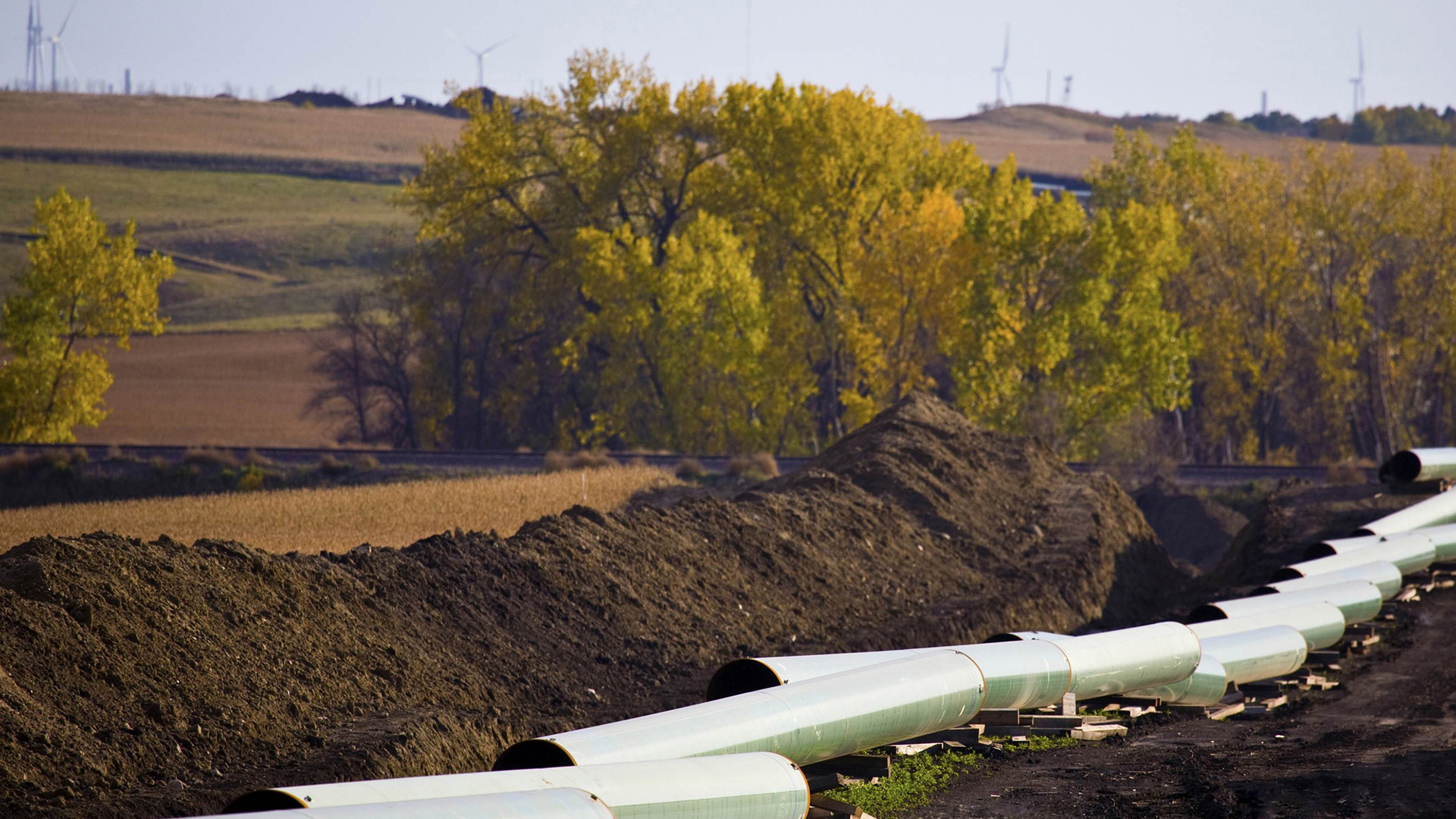Washington, D.C. – Consumer Energy Alliance (CEA), the leading voice for sensible energy policies for families and businesses, today expressed grave concern over the announcement by Dominion Energy Inc. and Duke Energy Corp. they are canceling the Atlantic Coast Pipeline (ACP), citing six years of ongoing delays and continuous legal challenges.
CEA’s President and CEO David Holt said:
“Do not be fooled. While many anti-energy groups will claim this as a ‘win,’ nothing could be further from the truth. American families, seniors, people struggling with energy bills and especially rural communities across North Carolina, Virginia and West Virginia were the ones hurt most by this decision, which is a direct result of the absurdity of our nation’s infrastructure permitting process. The kitchen-sink, win at any cost regulatory fights and litigation efforts are creating permitting timelines that seem more like purgatory than due process.”
“We will need affordable, reliable energy, especially natural gas, and pipelines to deliver it far into the future. The tactics being used by these groups to stall and delay – inevitably – in the case of ACP, making these projects too expensive for developers only creates more uncertainty and risk for the public who need energy to fuel and power their lives.”
“Extremists who are celebrating in D.C., San Francisco, and New York, while living comfortably due in large part to energy provided by pipelines, offered no solutions for our nation’s energy needs. And because pipelines are among the most environmentally responsible ways to deliver energy, these opposition groups also set back our environmental progress. These activists are also risking the very environment that they claim to protect.”
“And now our nation faces over 11% unemployment, and needs responsible energy policies to help us rebuild from the COVID 19 pandemic. Despite the billions lost in economic opportunity, we’re allowing fringe groups to impose higher energy burdens on our families and businesses.”
“The ACP project would have put the equivalent of 17,000 people to work across the Mid-Atlantic. Behind each one of those statistics is a family. A family that is likely struggling to make ends meet, save for college for the kids or simply enjoy a weekend trip or a meal out with their loved ones.”
“This is a sad day for the people of West Virginia, Virginia, North Carolina – and the nation.”
